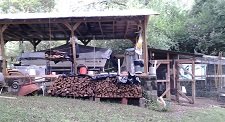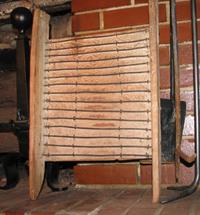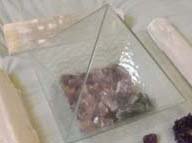Coon
While on a visit in Africa, I had the pleasure of meeting a nice gentlemen, who when asked what did he do for a living, referred to himself as a coon.
Being African-American, you can imagine what popped into my mind. Not knowing, I further inquired about him being a coon. He very confidently explained, yes, I am a Tycoon. Humm, I have heard that word before, but I still did not understand, so I further inquired. He explained, a man who sees a need and fulfills it. I thought, very interesting. So what are you doing in The Gambia? Among other things, he told about being in The Gambia to negotiate a deal to build an air strip to transport the sick from The Gambia to Nigeria or so, for more complicated medical procedures. What about the money? He said, it will come. That he owned a small island with hotel in some other part of Africa. They were a company of Engineers from different countries and construction was their main deal.
Speaking of seeing a need and fulfilling it, I thought about the slang coon in America, if I am going to be called “a coon”, why not add the Ty. So the next time somebody refers to me as a coon...I have already added Ty for Tycoon
A business magnate, sometimes referred to as a mogul, tycoon, baron, or industrialist, is a person who has reached a prominent place in a particular industry (or set of industries) and whose wealth has been derived primarily there from. Such people usually amass substantial fortunes in the process, and tend to become widely known in connection with their business(es) or through other pursuits such as philanthropy. The terms "mogul", "tycoon" and "baron" were often attributed to late 19th and early 20th century North American business magnates in extractive industries such as mining, logging and petroleum, transportation fields such as shipping and railroads, manufacturing—including steelmaking, banking, and newspaper publishing. This era was known as the Second Industrial Revolution or the Gilded Age.















